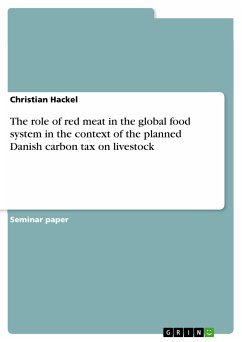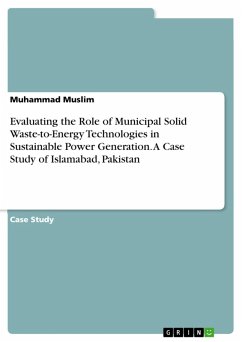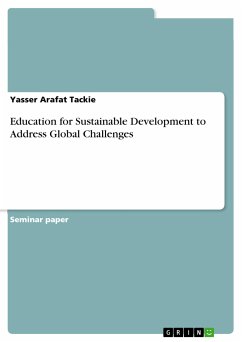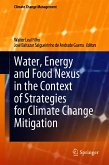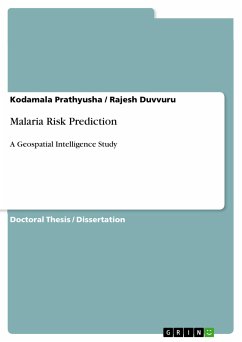Seminar paper from the year 2024 in the subject Environmental Sciences - Sustainability, grade: 1,5, University of London, course: Global food systems and health, language: English, abstract: We as mankind face a complex challenge: feeding a growing global population, while preserving the environment for future generations and limitng global warming. The global food system causes approx. 26% of global Greenhouse Gas (GHG) emissions, with livestock-associated farming and land use as key drivers. At the same time, almost 10% of the global population are currently exposed to hunger and one third to moderate or severe food insecurity. Scholars project a continued global demand growth for livestock-derived food for decades to come. This is partially driven by an ongoing population growth but also by dietary changes, stemming from a rising prosperity and cultural shifts. In light of the significant GHG footprint of livestock, this calls for new policy approaches. Starting from the main environmental and social impacts of red meat production and consumption, this text will explore to what extent carbon pricing can be a suitable element for effective climate change mitigation by taking a closer look at the planned Danish carbon tax on livestock.
Dieser Download kann aus rechtlichen Gründen nur mit Rechnungsadresse in A, B, BG, CY, CZ, D, DK, EW, E, FIN, F, GR, HR, H, IRL, I, LT, L, LR, M, NL, PL, P, R, S, SLO, SK ausgeliefert werden.

